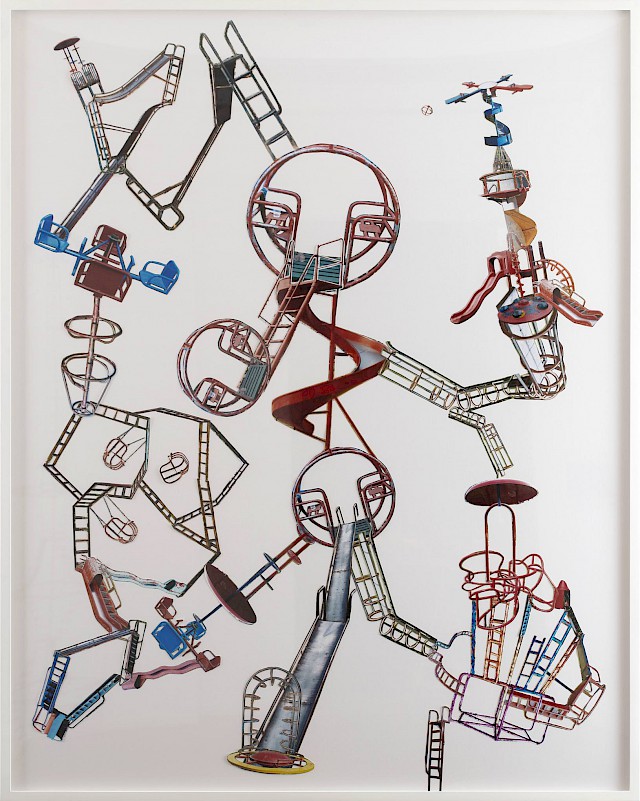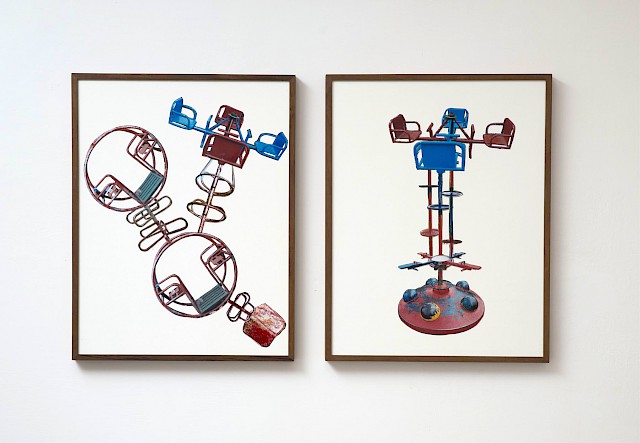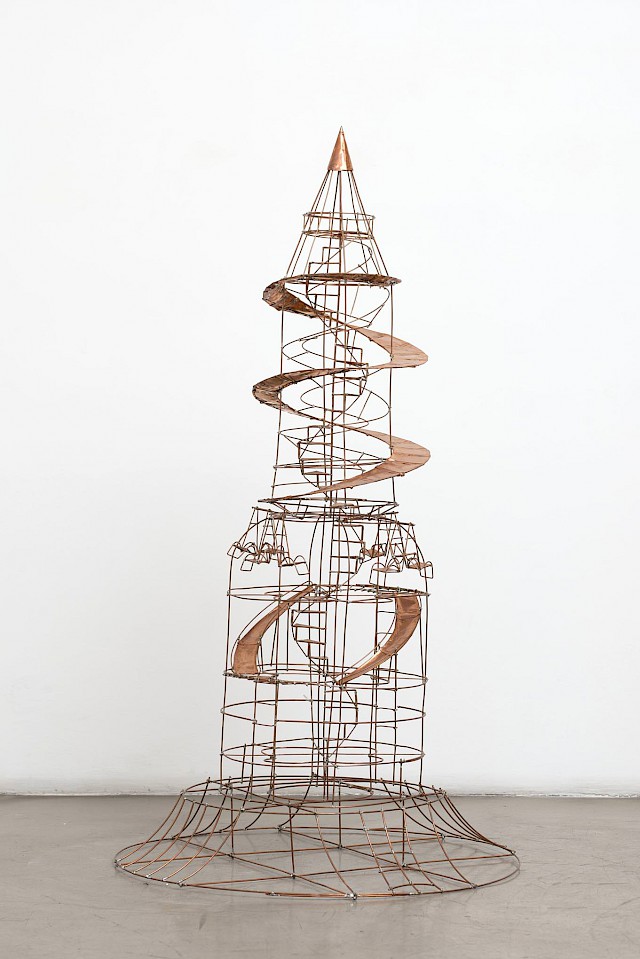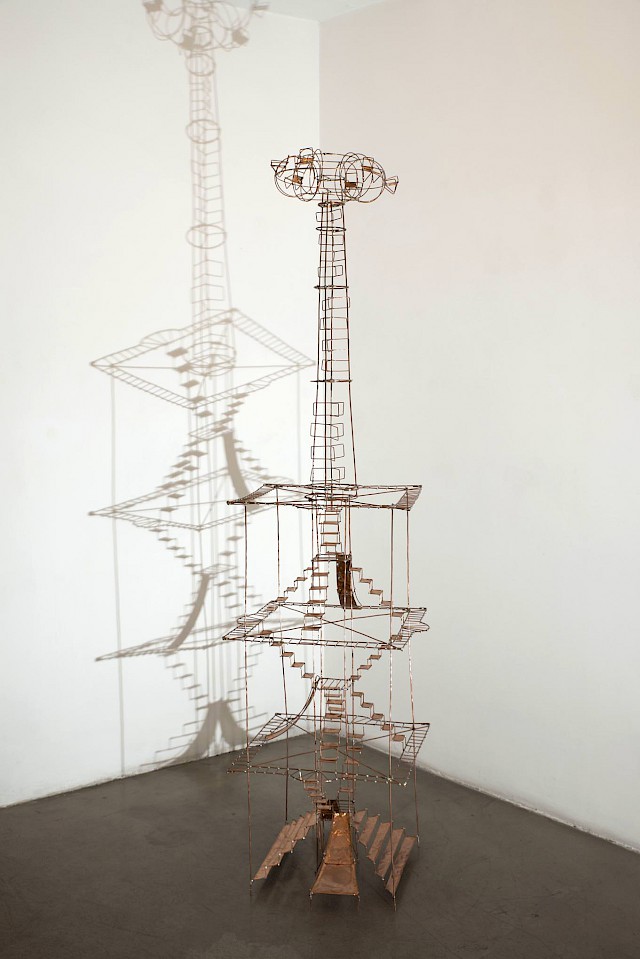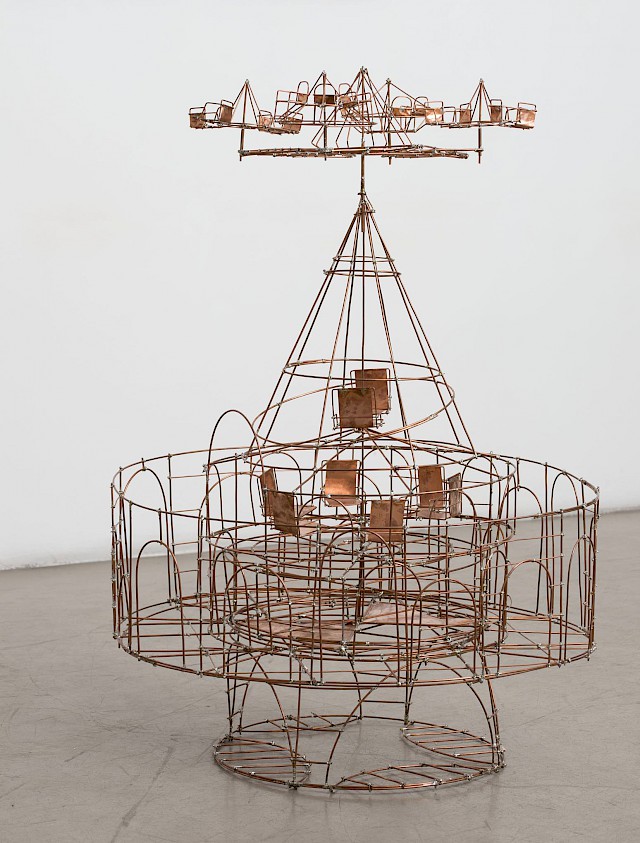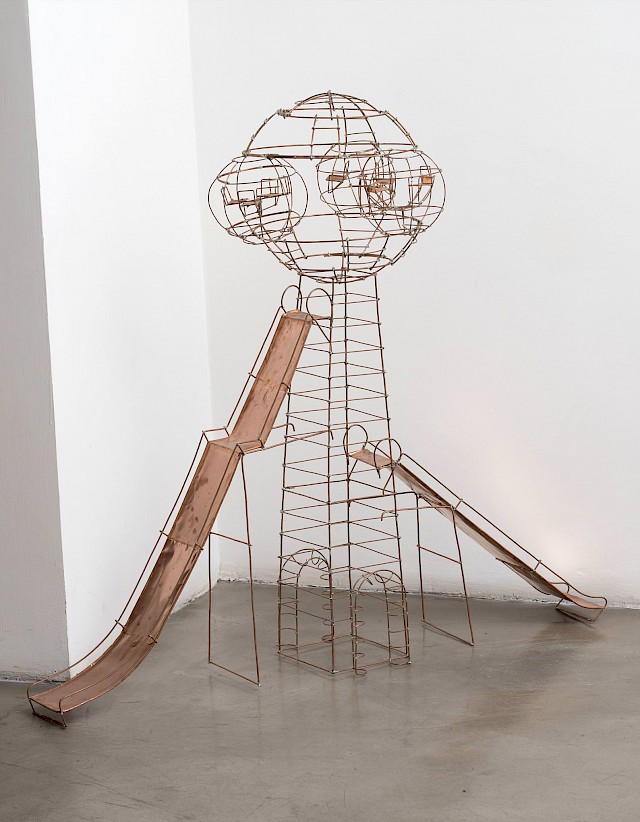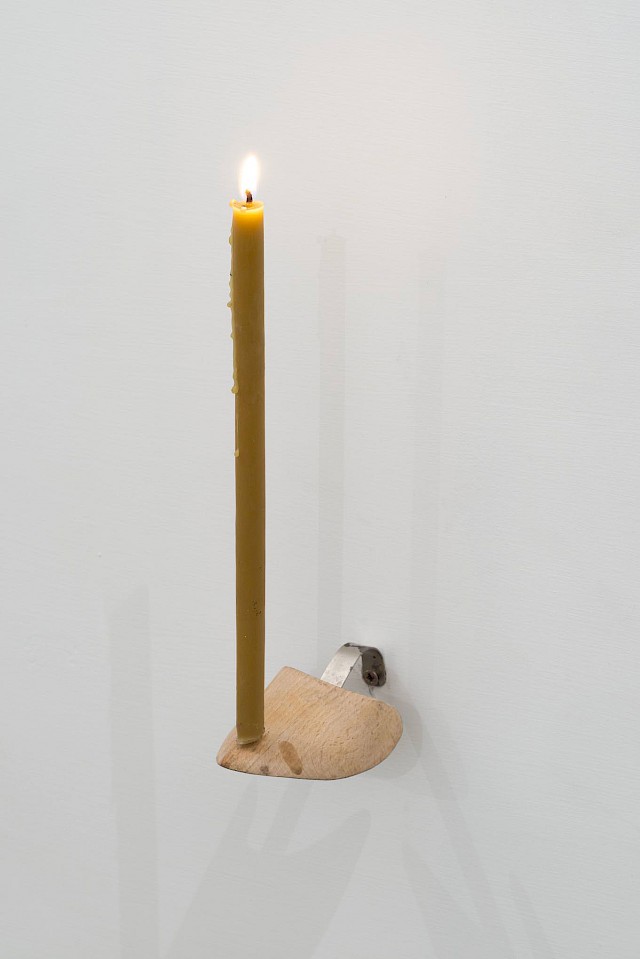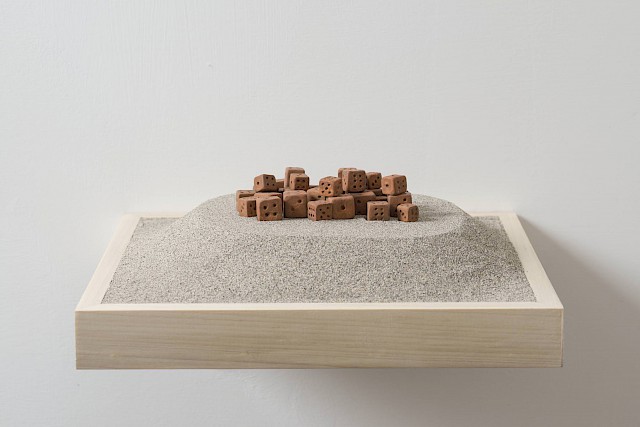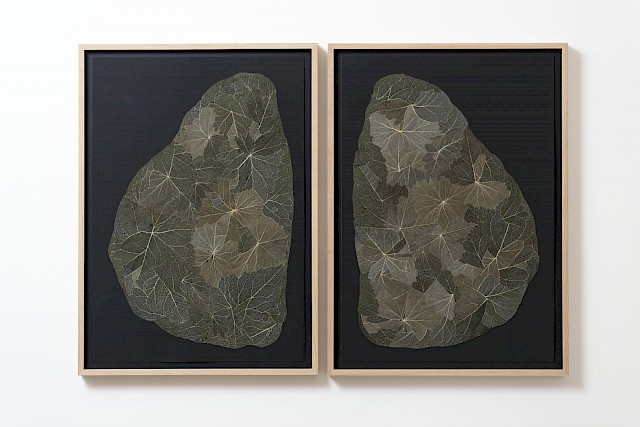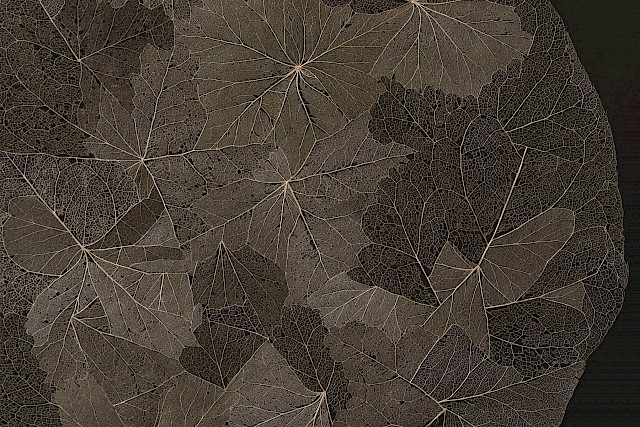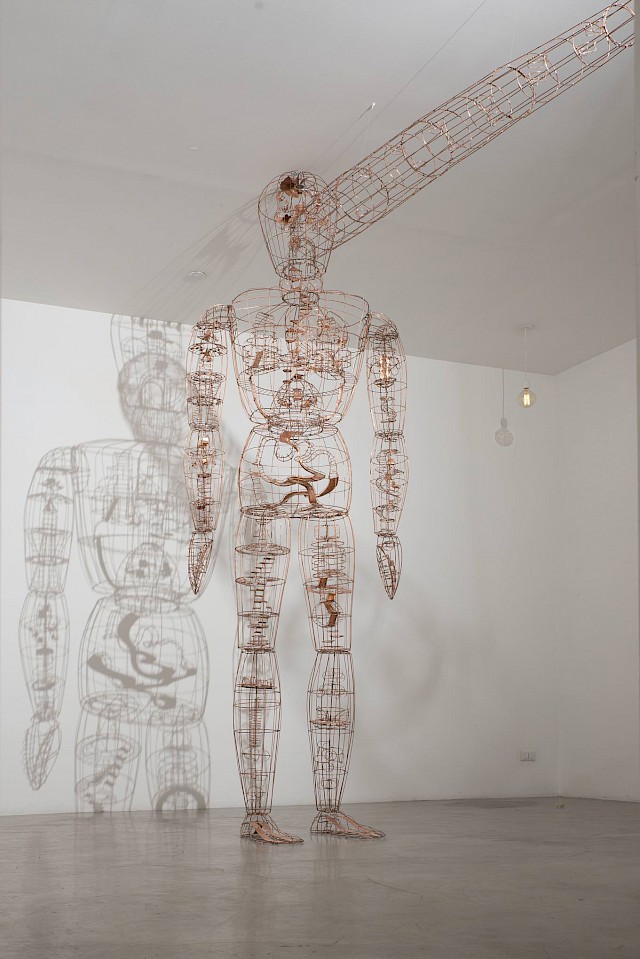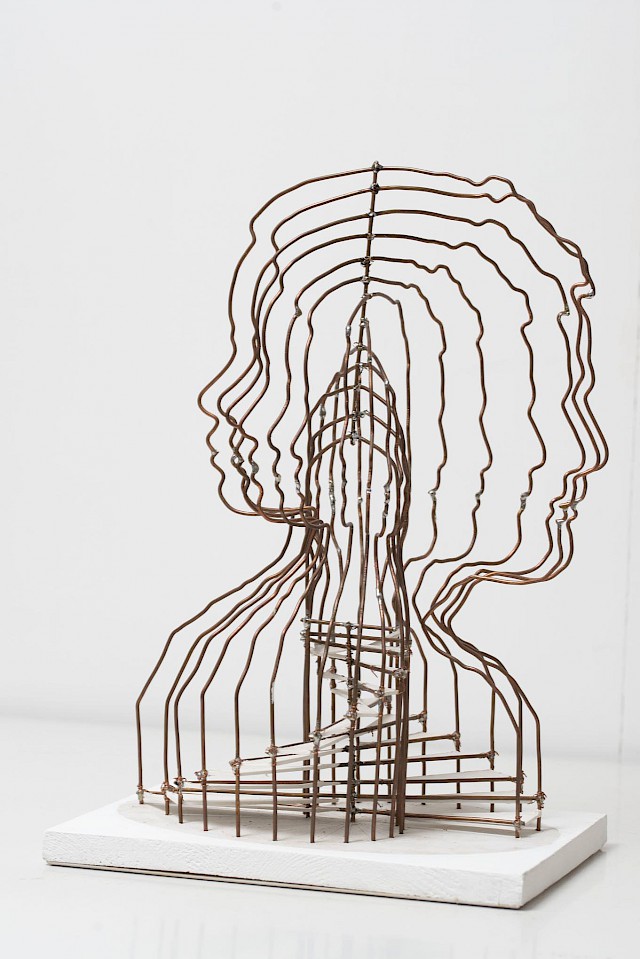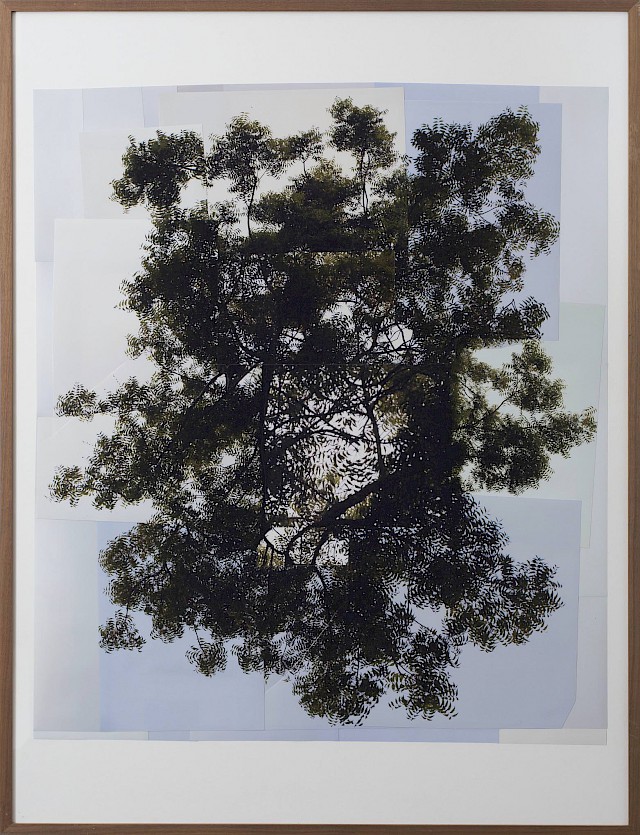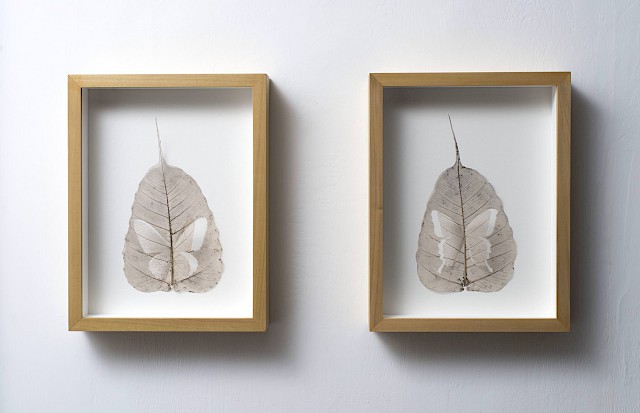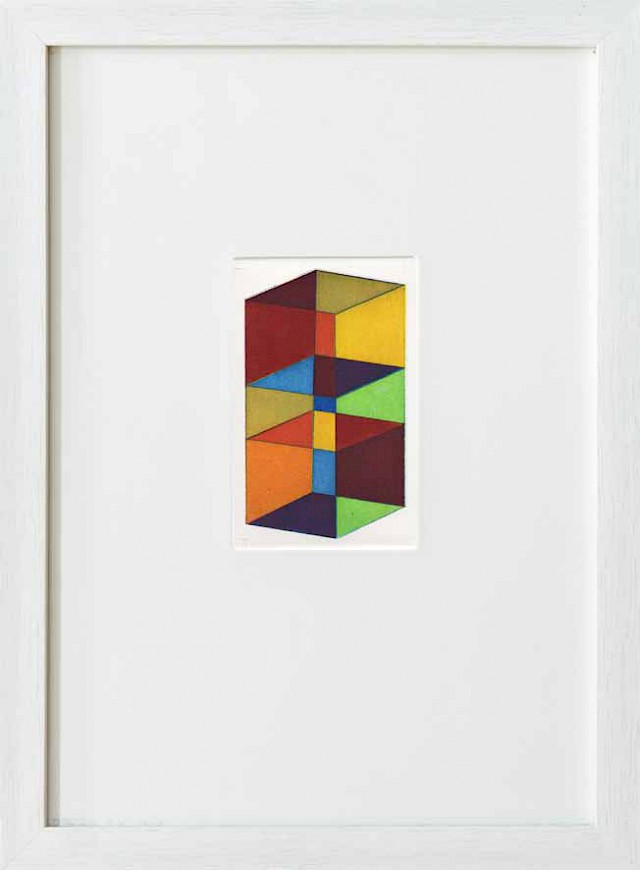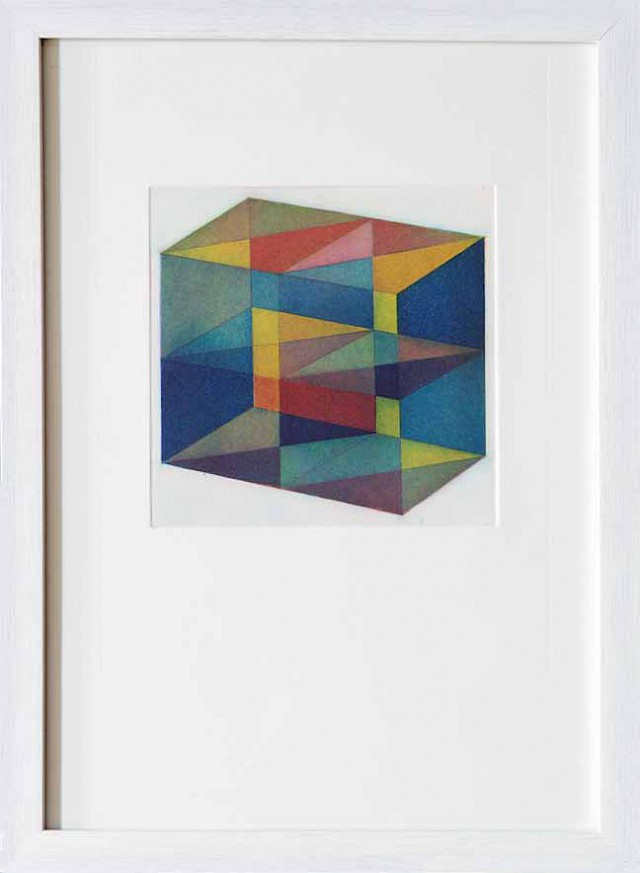Homo Ludens
19.Nov.15
30.Jan.16

Magazzino is pleased to present an exhibition project resulting from the collaboration between Japanese artist Arina Endo (1983, lives and works between Florence and Berlin) and Gianluca Malgeri (1974, lives and works between Florence and Berlin). For his third solo show at the gallery, Malgeri invited Endo to think of a project together. The collaboration between the two artists started in 2015 in the occasion of the exhibition Edge of Chaos, whereEndo and Malgeri presented for the first time the series of sculptures Expelled from Paradise, inspired by the ‘Land of Toys’ in the tale of Pinocchio. This collaboration continues with Homo Ludens, an exhibition inspired by Carmelo Bene’s reinterpretation of Pinocchio, and his metaphor of the “heroic refusal of growing up”.
The artists’ fascination for the concept of ‘Land of Toys’ begins from the observation of the city of Berlin, where they both live, and from the consideration and perception of the city as a place where one can loose a sense of adulthood, renounce all conscience and given rule. This vision is obviously misleading and utopic, as the ‘Land of Toys’ can only be an imaginary place. The series Expelled from Paradise is the development of this very concept and investigates play in both material and metaphoric terms.
The title of the exhibition, Homo Ludens, quotes a pivotal essay by Huizinga, where the author defines play as the fundamental and necessary base of social organisation and civilisation. Through play, also common to animals, mankind shifts from his natural and instinctive phase to a cultural one.
The tale of Pinocchio demonstrates this shift and the contrast between the acknowledgement and acceptance of the given rule (that belongs to growing up into an adult conscience), and “the great childhood dream, of rebellion and escape” (Manganelli). Abiding social rules is the key to Pinocchio’s transformation into a good boy; “the disappearance of the nose is the moment of his surrender to obedience” (Bene).
The two artists’ vision is at the same time grand and intimate: a metaphor for innocence set aside in the imposed pursuit of adaptation to social convention, and at the same time, the refusal of the adult condition, the “senseless, civilised and brutal growing up” (Bene). In what he defines as the “Pinocchio situation”, Carmelo Bene warns us not to ‘give in’ to adulthood. This notion translates in Malgeri and Endo’s work, into a meticulous and articulate construction. Pinocchio appears like an enormous container of a fantastic city, a toy puppet, almost a monument to innocence, to irreverence and to the intrinsic anarchy of the creative act.
Exhibition views




